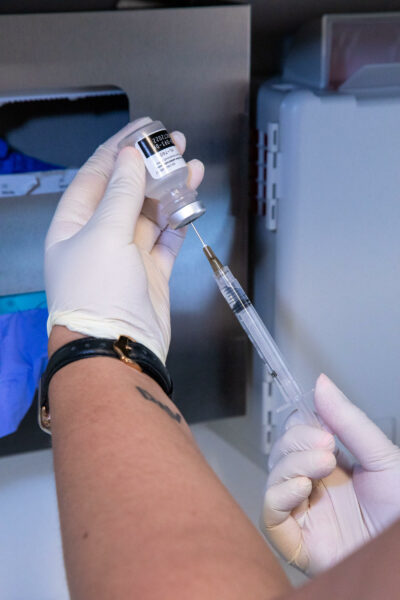Testosterone

Have you felt like your sex drive has decreased? Are you fatigued, suffering from depression, or noticed that you’ve gained weight?
These are some of the symptoms associated with a condition called low testosterone.
Here at Men’s Health Boston, our physicians have extensive experience in treating this condition and have helped many patients who have lower levels of testosterone.
What is testosterone?
Testosterone is a natural hormone that’s produced in the body. Testosterone production in men is high during puberty and can affect muscle mass, hair growth, and a man’s sex drive.
Over time, testosterone levels decrease gradually with age. Men with low levels of testosterone, also called hypogonadism, can have a variety of symptoms.
What are the symptoms associated with low testosterone?
There are many symptoms associated with this condition. They can include some of the following:
- Decreased sex drive
- Sleep loss
- Hair loss
- Mood changes
- Fatigue
- Depression
- Increased weight gain
- Decreased tolerance for exercising
- Experiencing weak erections
- Erectile dysfunction
- Osteoporosis
- Low energy
- Reduced muscle tone
Men may experience many of the above symptoms, and they may only experience a few signs. How many symptoms of low testosterone you experience varies from patient to patient.
How common is low testosterone?
Though many men experience these symptoms, they do not realize it is a part of aging. Even though it is part of aging, many men do not feel comfortable talking to their doctor about their symptoms and how they feel.
But our doctors at Men’s Health Boston are trusted physicians who understand the symptoms and are knowledgeable about treatment options. It is estimated that nearly half of men over 45 and a third of the men over 70 have low testosterone.
There is no reason for men to be embarrassed. Our doctors have successfully treated male patients for years and restored them to their previous virility and vitality.
How do I know if I have low testosterone?
There is a simple blood test to check for testosterone deficiency. Low testosterone in men is often underdiagnosed. It may even get blamed on other conditions, such as medication side effects or mental health issues.
Please contact a qualified physician at Men’s Health Boston to schedule your test.
Can your doctors treat low testosterone?
The doctors at Men’s Health Boston are ready to help you live your life to the fullest with various advanced treatment options that will help restore your low testosterone. Each person is treated individually with the best therapy possible to regain energy and confidence.
Though there is no cure for low testosterone, there are treatments that will relieve symptoms, keep bones and muscles strong, and restore a man to his previous vitality.
What is Testosterone Replacement Therapy?

The most common treatment is Testosterone Replacement Therapy. Testosterone Replacement Therapy is administered safely through implantable pellets or injections.
Our patients have been successfully treated with the short-acting depo shot, the long-acting Testosterone injection, Aveed, and Testosterone pellets, Testopel. Occasionally, a patient will use nasal sprays or a pill, which are emerging treatments.
Are there risks when treating low testosterone?
Men undergoing Testosterone Replacement Therapy should be monitored for changes in blood thickness or Hematocrit, and prostate-specific antigen (PSA) level. They will need to undergo blood testing between 2-4 times a year and have a prostate cancer screening every six months.
Testosterone therapy can decrease sperm counts and make men sterile while they undergo treatment, so men shouldn’t use it if they are trying to have children. For men looking to have children, they may be prescribed other therapies.
Your doctor needs to take a complete health history and a blood test to determine what kind of treatment regimen is best for you.
To find out if you have low testosterone or could benefit from a course of treatment, schedule an appointment at Men’s Health Boston in Boston, MA, today!

